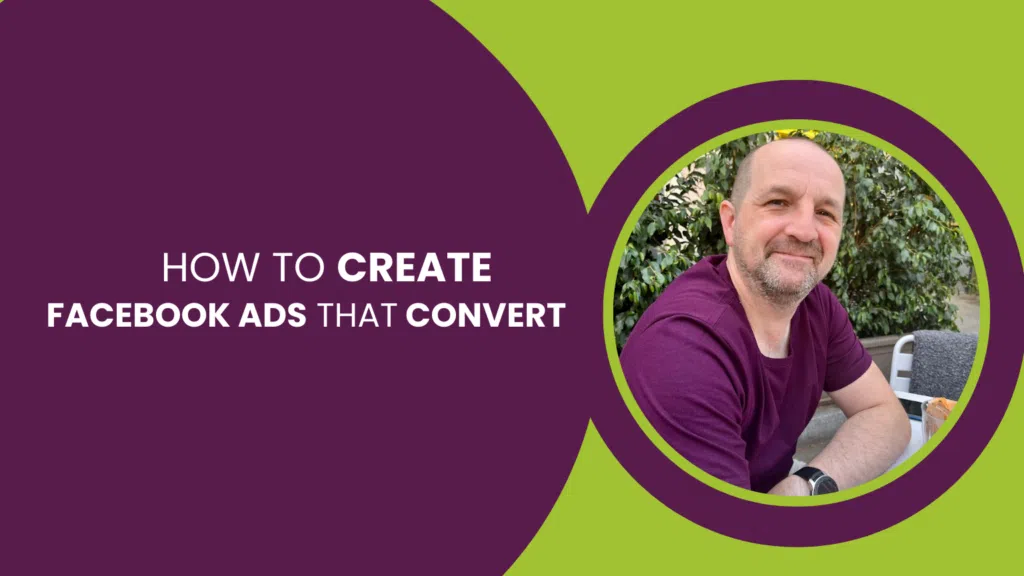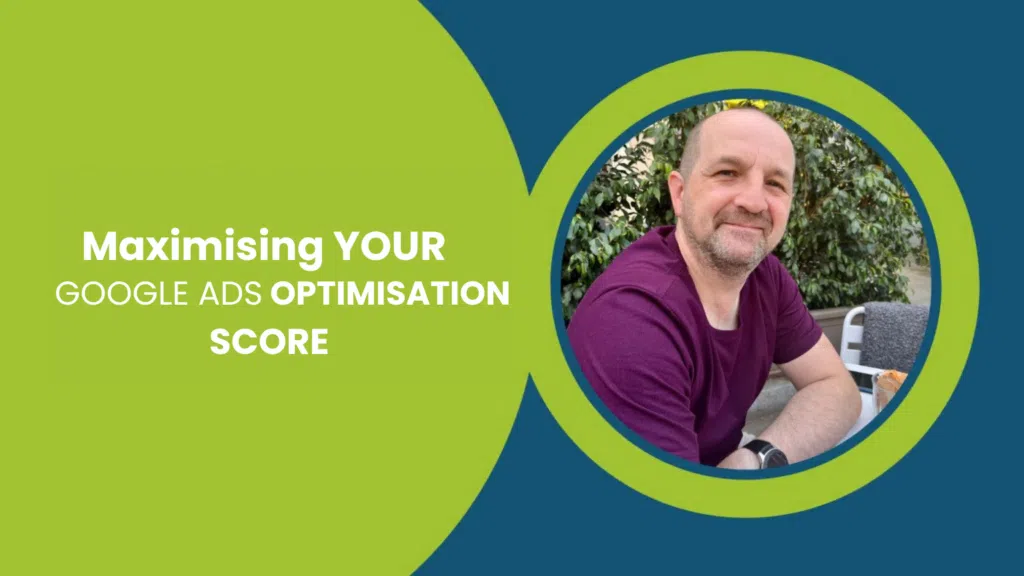The importance of privacy is bad news for tracking user behaviour as Google Analytics has just announced they will no longer use cookies. This announcement was made by, the Vice President of Engineering at Google AdsVidhya Srinivasan in a Google Marketing Livestream.
With pressure on Google to respect users privacy, they will introduce the following:
- Extend the advanced machine learning models to behavioural reporting in Google Analytics
- Allow seamless access to ‘Consent Mode’, which adjusts how Google tags operate based on user cookie consent choices
- Implement enhanced conversions that allow tags to use consented, first-party data to track how users convert after engaging with ads
Let’s look at these a little deeper.
Machine learning for Google Analytics
On 13th May 2021, Google confirmed that it would be concentrating on using machine learning for behavioural analytics. Its advanced machine learning models will be extended to behavioural reporting in Analytics. These models will fill gaps in data left by cookies not being available. This will enable a marketer to have a more enhanced view of a customer’s journey and behaviour to improve their campaigns
Consent Mode
Consent Mode allows advertisers to adjust tags based on a user’s choices and soon, Google and Tag Manager will be integrated so that it is easier to modify and customise the tags. The image below shows the current cookie model.

When cookies are not consented to, conversion modelling recovers ‘more than 70% ad-click-to-conversion journeys’. The aim is to ensure marketers can complete their campaigns in a privacy ensured manner. Furthermore, Google will soon enable implementation from Tag Manager accounts. This allows marketers to modify and customise tag behaviour in response to the user’s consent preferences.
Enhanced conversion
Building on the new Consent Mode, enhanced conversions are additional ways of measuring data – ensuring it is collected in a privacy-safe way.
Enhanced conversions use ‘consented, first party data. This gives a more accurate view of actions taken by users after engaging with ads’.
Marketers will get insights such as conversion lifts and be able to improve measurement when an ad is displayed on one device and converted by the user on another. Google has stated that ‘first-party data is hashed to protect user privacy and ensure security, meaning marketers will receive aggregated and anonymized conversion reports.’
According to an article by Search Engine Journal, retailer ASOS reportedly recorded a sales uplift of 8.6% in Search and 31% in YouTube when using enhanced conversion in early testing.
This is a great effort from Google to preserve user privacy while allowing marketing to target and measure the performance of their campaigns and adverts.
More information on the user privacy features will be announced in the Google Marketing Livestream 2021 on the 27th May.
Summary
What are your thoughts on all this? We’d love to know. Tell us in the comments or tweet us @TeamTillison.







